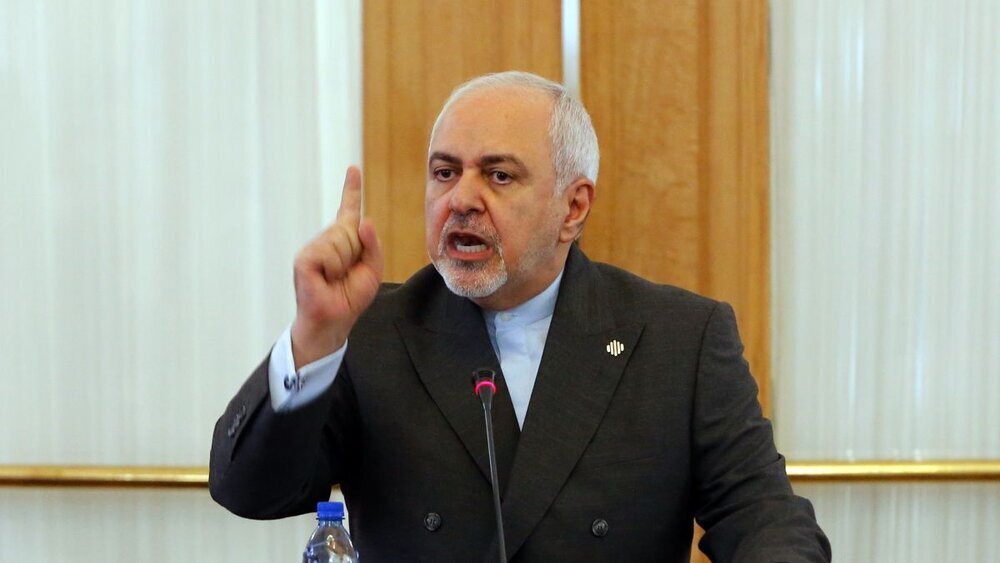Iran rejects French call for Iran to firstly comply with JCPOA before U.S. return

TEHRAN – Iranian Foreign Minister Mohamad Javad Zarif has responded to a French call that Iran should reverse its nuclear measures before the U.S. returns to the 2015 nuclear deal between Iran and major world powers.
Zarif’s response came after an unidentified French presidential official told news media outlets on Tuesday that Iran must end what the official called its “provocations” and return to the terms of the nuclear deal if it expects the United States to rejoin the accord, but even then a broader negotiation would be needed.
“If they are serious about negotiations and if they want to obtain a re-engagement of all the stakeholders in the JCPOA, they firstly need to refrain from further provocations and secondly respect what they no longer respect, that’s to say their obligations,” the presidency official told reporters on condition of anonymity.
Zarif was quick to respond to the French remarks. He said Iran will not take the first move to revive the nuclear deal.
“Why on earth should Iran—a country that stood firm & defeated 4 years of a brutal US economic terrorism imposed in violation of JCPOA & UNSC Resolution—show goodwill gesture first? It was the US that broke the deal—for no reason. It must remedy its wrong; then Iran will respond,” the Iranian foreign minister said in a tweet on Tuesday.
Former U.S. President Donald Trump withdrew from the JCPOA in May 2018 and reimposed – and some cases relabeled - the sanctions that were lifted under the deal. The new U.S. president, Joe Biden, has vowed to revive the deal. During his election campaign, Biden had said that he will rejoin the nuclear deal and then use it as a starting point for follow-on negotiations with Iran over other issues.
Biden reaffirmed his previous position on the JCPOA after he won the U.S. presidential election in November but he said reviving the accord would be “hard” and “very difficult.”
Biden and his national security team have underlined the need to work with the U.S. European allies on global issues such as the Iran nuclear deal. President Biden has recently spoken by phone with French and German leaders to discuss the situation around the JCPOA among other issues.
The presidency official did not give a sequencing on how the lifting of sanctions during a return to compliance would work, but said that the French and U.S. administrations were clear on what needed to be done and how.
“We will have to ... see how the return of the United States to the JCPOA is paid for with verifiable gestures on the part of the Iranians,” said the official.
He added that the issues with Iran went beyond the nuclear deal and that a broader negotiation on its regional activities would need to take place, according to Reuters.
Iran has said time and again that the ball is in the U.S. court, underlining the need for Washington to take the first diplomatic move.
“The ball is in the U.S. court,” Iran's Ambassador to the United Nations Majid Takht-Ravanchi told NBC News in a recent interview. “It is totally up to the new administration. So as soon as they implement their obligations, Iran has said on numerous occasions that Iran will return to the full implementation of its undertakings.”
However, the Biden administration seems to be tending to wait for some time before taking any decision regarding the JCPOA. Antony Blinken, the new U.S. secretary of state, the Senate Foreign Relations Committee on January 19 that the U.S. is “a long way from” the point of rejoining the JCPOA.
SM/PA
Comments